It’s Not Easy Being Green: Water, Our Next Endangered Resource (And Innovation Opportunity)
Nov0
“The wars of the 21st Century will be fought over water.” —Ismail Serageldin, World Bank

Last Call at the Oasis film poster ©2012, Participant Media, all rights reserved.
Watching the devastation and havoc caused by Hurricane Sandy and several recent water-related natural disasters, it’s hard to imagine that global water shortages represent an environmental crisis on par with climate change. But if current water usage habits do not abate, or if major technological advances to help recycle clean water are not implemented, this is precisely the scenario we are facing—a majority of 21st Century conflicts being fought over water. From the producers of socially-conscious films An Inconvenient Truth and Food, Inc., Last Call at the Oasis is a timely documentary that chronicles current challenges in worldwide water supply, outlines the variables that contribute to chronic shortages and interviews leading environmental scientists and activists about the ramifications of chemical contamination in drinking water. More than just an environmental polemic, Last Call is a stirring call to action for engineering and technology solutions to a decidedly solvable problem. A ScriptPhD.com review under the “continue reading” cut.
REVIEW: The Last Mountain
Jun1
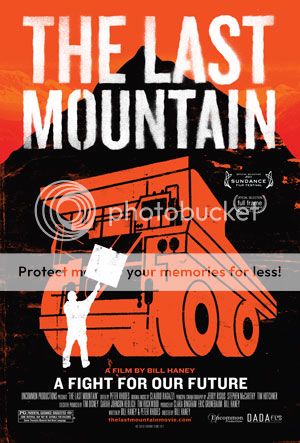
Mountaintop Removal poster ©2011 Solid Ground Films, all rights reserved.
About a year ago, a little publicized, unheralded documentary named Mountaintop Removal (which ScriptPhD.com reviewed) attempted to deconstruct the environmentally devastating practice of the same name literally destroying the Appalachian geography of West Virginia’s coal river valley. Honest, yet modestly shot and produced, the small-scale documentary needed a Hollywood touch to resonate on a human level to advance its powerful cause. It got what it needed in The Last Mountain, a celebrated selection of this year’s Sundance Film Festival. This important new documentary succeeds in both relaying the urgency of a destructive coal mining practice that is literally zoning in on one last undamaged mountain as well as forging a human connection with the townspeople battling to save it. Full ScriptPhD.com review under the “continue reading” cut.
Podcast: Designing California Science Center’s ‘Ecosystems’ Exhibit
May2
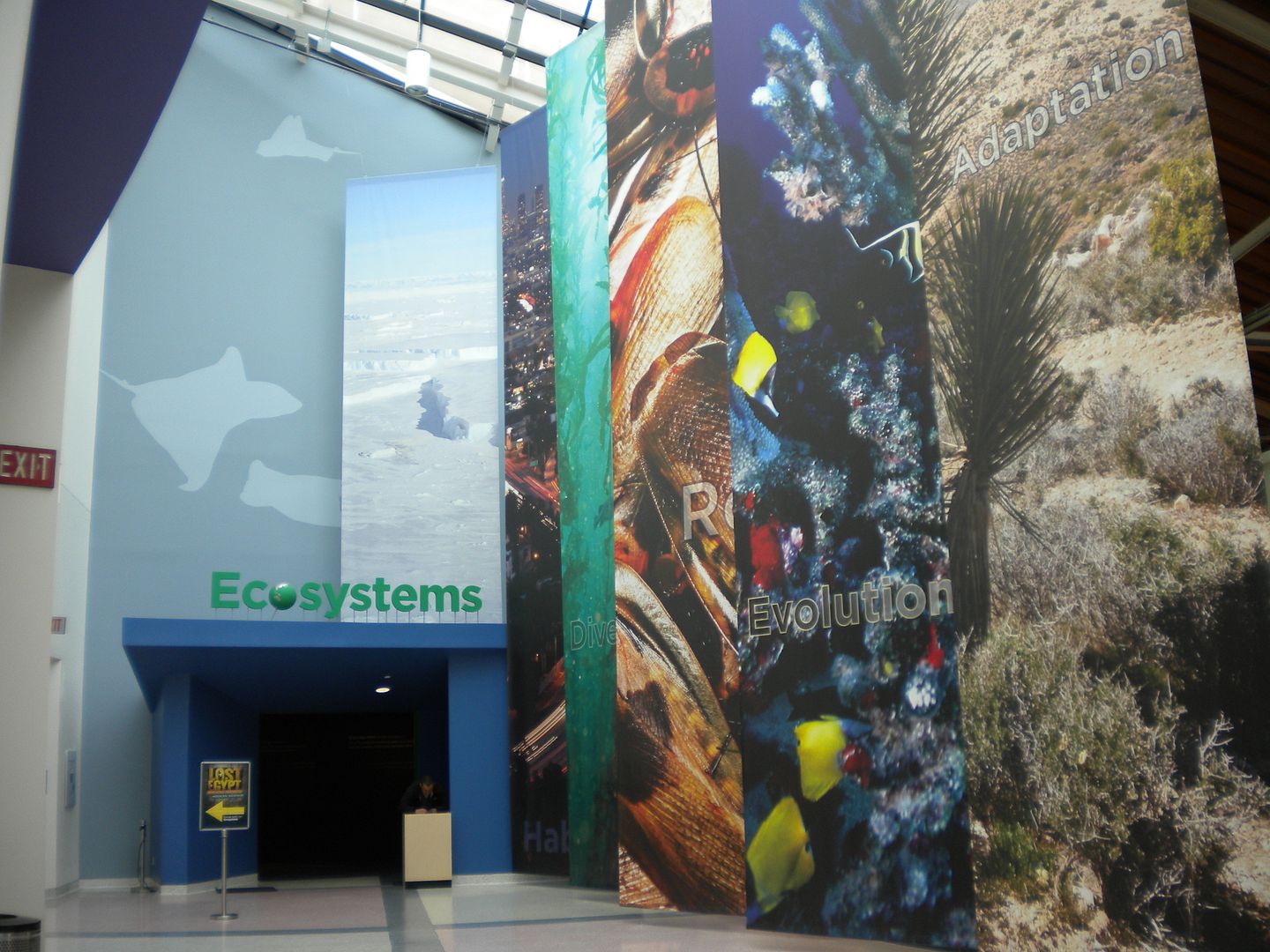
The free 'Ecosystems' exhibit at the California Science Center. Photography ©2011 ScriptPhD.com, all rights reserved.
Approximately a year ago, the California Science Center added a 45,000 square foot permanent exhibit called ‘Ecosystems,’ nearly doubling the size of the museum. Ten years in the making, at a cost of $165 million, ‘Ecosystems’ manages to impress visually and scholastically. ScriptPhD.com recently got a private tour and in-depth guide of the ambitious exhibit and didactic tool. Afterwards, we had the opportunity to sit down with the man that conceptualized ‘Ecosystems’ and curator of ecology at the California Science Center — Dr. Chuck Kopczak. An avid geologist, and devoted to the promulgation of quality science education, Dr. Chuck graciously sat down with us for an in-depth conversation about ‘Ecosystems,’ the future of science education, and energizing environmental causes through science. Our full tour and podcast, under the “continue reading” cut.
EDITOR’S CHOICE: It’s Not Easy Being Green: Cool It!
Nov1
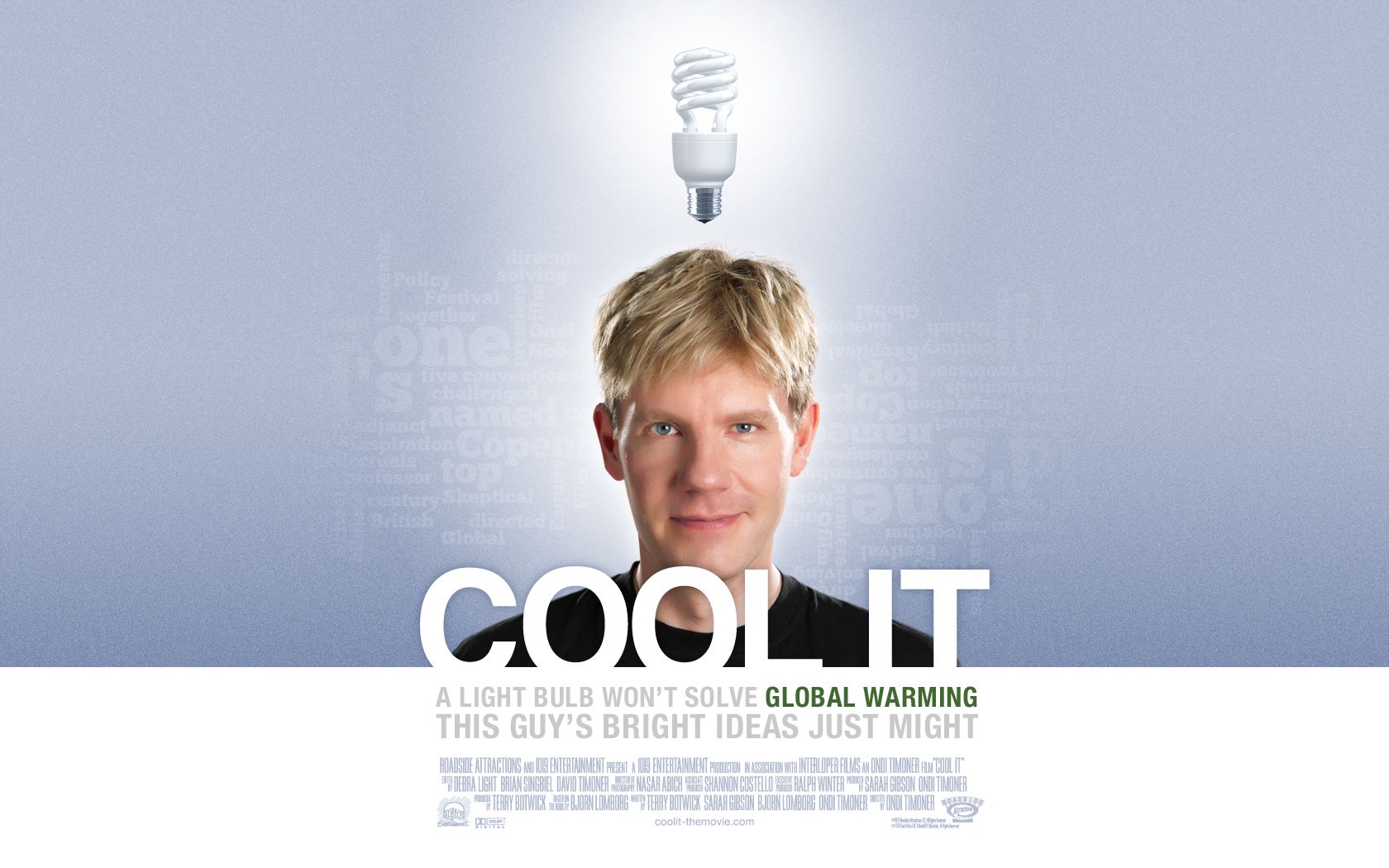
Cool It ©2010 Roadside Attractions, all rights reserved.
Fewer topics in contemporary science and technology policy have generated as much controversy or vociferous debate as global warming (more recently branded as climate change) and more importantly, how to mitigate its effects. Recent international treaties such as The Kyoto Protocol and conferences such as last December’s United Nations Climate Change Conference in Copenhagen have largely paid lip service towards actionable change and technology aimed at eradicating the precursors and causes of global warming. In the middle of this stalemate is an increasingly hostile rhetoric that has bifurcated into two divergent, unyielding camps—either you believe climate change and greenhouse emissions are a fraud, period, or you believe the problem is so imminently dire that surely, the end of the world is nigh. This dichotomy was no more apparent than during last year’s ”Climategate” controversy, in which hacked emails leaked from the University of East Anglia’s Climatic Research Unit in England were interpreted, depending on which report you read, as scientific fraud and tampering or reinforcement for climate science. Perhaps it is time, as the eponymous title of our latest Editor’s Choice suggests, for us all to Cool It. An environmental film about 21st Century problems, and the modern solutions they necessitate, Cool It presents an unapologetic, practical approach towards global warming and the problems that eclipse it. It’s time we all listened. ScriptPhD.com continues our ongoing “It’s Not Easy Being Green” series with a review of this thought-provoking, conversation-starting film. After seeing a recent screening in Los Angeles, we are proud to give Cool It our blog’s rare highest honor—Editor’s Choice. Join the conversation now under the “continue reading” cut.
It’s Not Easy Being Green: Powering The Future (Podcast)
Jul0

Wind turbines collecting energy that will eventually be converted into electricity and other fuel sources. This technology is widely discussed in the new Discovery Channel special "Powering The Future." Image courtesy of Discovery Channel.
Nothing has done more to reinvigorate discussions about energy and fuel dependence than the tragic oil spill currently afflicting the Gulf Coast [excellent resource for trajectory, timeline and news sources]. Though scientists and oil manufacturers continue to debate the validity of the “Peak Oil” theory, a very uncomfortable reality looms that oil production may not be able to keep up with thirsty demand. With an ever-increasing global population, a constant proliferation of technology choices and lifestyle improvements, and a rising middle class in third world countries, the factors contributing to fuel consumption may be the precipice of an eventual geopolitical crisis. In an effort to showcase their dedication to addressing the most salient energy and environmental questions affecting our generation, the Discovery Channel, backed by founder John Hendricks, is launching a revolutionary four-part documentary called Powering The Future. In it, they address a range of economics, national security, social and scientific questions related to energy and fuel all through the single focal point of searching for a modern, clean, limitless supply of energy. Our coverage of Powering the Future includes a review of the first installment and an exclusive podcast interview with the show’s host, lead scientist for the Nature Conservancy, Dr. M. Sanjayan. For full content, please click “continue reading.”
Earth Day Guest Article: Plastic Beads and Sugar Water
Apr1
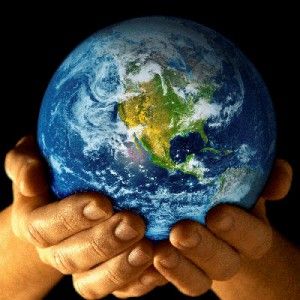
Happy Earth Day, 2010!
Here at ScriptPhD.com, we pride ourselves on being different, and we like thinking outside the mold. So for Earth Day 2010, we wanted to give you an article and a perspective that you wouldn’t get anywhere else. There is no doubt that we were all bombarded today with messages to be greener, to use less, to be more eco-conscious, and to respect our Earth. But what is the underlying effect of advertising that collectively promotes The Green Brand? And has the Green Brand started to overshadow the very evil—environmental devastation—it was meant to fight to begin with? What impact does this have on the future of the Green movement and the advertising agencies and media that are its vocal advocates? These are questions we are interested in answering. So when we recently met Matthew Phillips, a Los Angeles-based writer, social media and branding expert, and the founder of a new urban microliving movement called Threshing, we were delighted to give him center stage for Earth Day to offer his insights. What results is an intelligent, esoteric and thoughtful article entitled “Plastic Beads and Sugar Water,” sure to make you re-evaluate everything you thought you knew about going green. We welcome you to contribute to (and continue) the lively conversation in the comments section.
Selling Science Smartly: Green Advertising with RIESTER
Apr2

Much of today’s messaging about the environment, green initiatives and ways for the public to make a difference physically and fiscally are centered around media and advertising. To wit—even amid the deepening recession, one market has seemed to defy the economic downturn: green and environmentally-friendly product launches. Sadly, however, a large and growing subset of the eco-conscious creative collective is enveloped in hyperbole and hubris, a term the industry has labeled “greenwashing” that we will discuss in much greater detail in another article. It was natural then, that as part of our Earth Week coverage, ScriptPhD.com undertook green advertising as part of our continuing “Selling Science Smartly” series. Here, we profile a case study of several impressive (and effective) campaigns by the West Coast-based RIESTER, including work on recycling, clean air, and the first fully-integrated municipal sustainability campaign in the US. We also had an opportunity to speak with RIESTER’s executive team, who provided insights into their creative strategy, why green advertising is more challenging than ever before, the crucial importance that interactive played in their success, and why every agency should be blogging more.
Earth Week INTERVIEW: 'Tapped' Director/Producer Stephanie Soechtig
Apr9
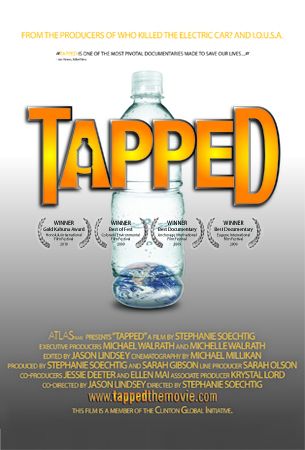
Tapped poster and logos ©AtlasFilms, all rights reserved.
Back in March, we reviewed the stirring documentary Tapped, which chronicles the harmful environmental and health impact of our bottled water addiction. Since our World Water Day 2010 coverage, the filmmakers have embarked on an ambitious “Get Off The Bottle” 30 city, 30 day bus tour, set to conclude on April 22, Earth Day. Tapped director and producer Stephanie Soechtig took time out from the tour to talk to ScriptPhD.com about the tour, their efforts to educate people about bottled water, how the film’s release has impacted her, her wishes for changes in the advertising and marketing of bottled water, and things we can all do to make that happen. Day 2 of our Earth Week coverage continues on the theme of how valuable water is to our environment. For our interview with Stephanie, please click “continue reading.”
Earth Week REVIEW: DisneyNature’s Oceans
Apr0

Oceans film poster and associated images ©DisneyNature Films, all rights reserved.
Happy Earth Week 2010, everyone! Here at ScriptPhD.com, we have devoted a number of articles to environment, sustainability and eco-awareness as part of our continuing “It’s Not Easy Being Green” series. This year, in celebration of the 40th anniversary of Earth Day, we are devoting the entire week to articles, interviews and profiles of companies, individuals and content that raises awareness of sustainability efforts and new ideas for the green science revolution. Because water lies at the heart of most modern environmental crises, we kick off Earth Week with CaptainPlanet’s review of the stellar new DisneyNature documentary Oceans, a truly spectacular oeuvre that celebrates the majesty of our most important and delicate resource. We also include a number of practical, easy things you can do right now to make a difference globally by acting locally. For our Oceans review and to find out what you can do to help protect our Earth’s water supply, please click
the “continue reading” cut.
It’s Not Easy Being Green: ‘Tapped’ Out on Bottled Water (World Water Day)
Mar6
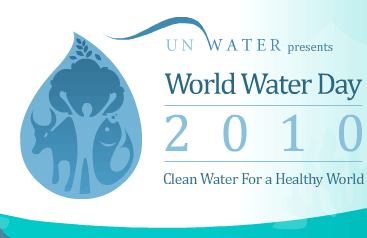
“Whiskey is for sipping, but water’s for fighting.” —Mark Twain
Today, March 22, 2010, is World Water Day, an initiative formed at the 1992 United Nations Conference on Environment and Development. As we head into Earth Day next month, no environmental issue carries more sociopolitical, economic and health ramifications than a clean and abundant supply of water. Some of the highest global morbidity and mortality rates are directly related to lack of access to clean water—both in contracting communicable diseases as well as agricultural impact that aggravates famine. At the heart of this discussion is a frenzied (and growing) thirst for bottled water; Americans alone bought more than 29 billion bottles in 2007. If you have long suspected that bottled water is not good for the environment, but only had a hazy notion about the specific consequences of the bottled water industry, Tapped, an Atlas Films documentary about to be released on DVD, will knock your socks off. The film expertly chronicles the insidious practices of bottled water companies and the dire consequences it has on our collective health, communities, environment, economy and policy in ways you never would have imagined. Our special World Water Day post under the “continue reading” cut.

















